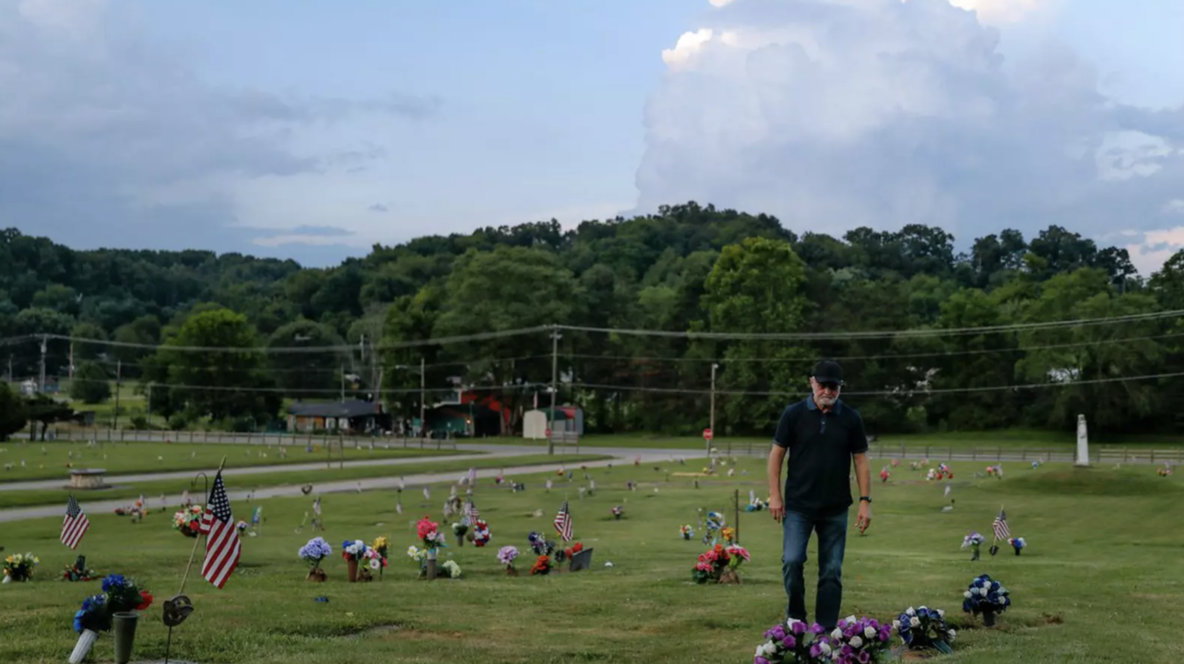This article was originally published in The Wall Street Journal.
Higher settlement demand comes as trial dates in Ohio and West Virginia add urgency to talks
States are asking for around $26.4 billion from major pharmaceutical industry players to help pay for damage wrought by the opioid crisis, people familiar with the matter said, the latest demand in yearslong litigation seeking to hold companies accountable for widespread drug addiction.
The current talks involve McKesson Corp., AmerisourceBergen Corp. and Cardinal Health Inc., which collectively distribute the majority of pharmaceutical drugs in the country, as well as Johnson & Johnson, which makes some opioid painkillers, the people said.
More than 3,000 states, local governments and Native American tribes have sued companies up and down the pharmaceutical supply chain, blaming them for contributing to an influx of opioids into their communities.
The distributors in particular have come under scrutiny for allegedly failing to flag suspicious orders that were diverted for improper uses. The companies have denied the allegations in the lawsuits, though some have reached settlements with the Justice Department in recent decades over faulty order-monitoring programs.
One case so far has gone to trial, resulting in a $465 million verdict against Johnson & Johnson in Oklahoma. Others have resulted in smaller settlements, but the majority of the cases are unresolved. The litigation drove one company, OxyContin maker Purdue Pharma LP, into bankruptcy, and shareholders have looked for the remaining defendants to reach deals to cap their liability.
Meanwhile, many communities continue to grapple with opioid overdoses and have faced challenges during the coronavirus pandemic to treat those who are addicted.
Settlement discussions with the four companies have been under way for a year but stalled during the onset of the pandemic. The delay of a major trial slated to take place in March in New York eliminated what was expected to be a pressure point on settlement talks.
A new round of trial dates, including ones in October in Ohio and West Virginia, are once again ramping up a sense of urgency to resolve the cases, those involved in the talks say.
Around a dozen attorneys general, including those from Florida, Delaware and North Carolina, made their latest settlement demand on a Monday call with the drug companies, the people familiar with the request said. The ask includes a collective $21.14 billion from McKesson, AmerisourceBergen and Cardinal, and $5.28 billion from Johnson & Johnson, one of the people said. The majority of the money would be slated for abating the crisis, with $2.42 billion going to fees and expenses, the person said.
Johnson & Johnson reiterated a prior statement that the company is working toward a resolution that will “provide certainty for involved parties and critical assistance for families and communities in need.”
Cardinal, AmerisourceBergen and McKesson declined to comment.
Attorney fees have been one sticking point in resolving the cases, and the current proposal includes money for both private lawyers that have been hired by states and local municipalities, as well as money to reimburse states that staffed their own cases, the people said.
At least 400,000 people have died in the U.S. from overdoses of legal and illegal opioids since 1999, according to federal data. The lawsuits are seeking to recoup costs borne by communities such as burdens on emergency services, medical care and foster services for children born to addicted parents.
Settlement discussions last October centered around the three distributors paying $18 billion over 18 years, and Johnson & Johnson contributing $4 billion. Those talks were spearheaded by Tennessee, North Carolina, Texas and Pennsylvania, but many states wanted more money from the companies.
As some states and lawyers focus on settlement talks, others continue to pursue lawsuits. Alaska recently sought court permission to update its complaint to name McKesson’s former chairman and several members of its board of directors. Using emails and internal documents turned over by McKesson as part of the sprawling litigation, Alaska alleges the board members failed to improve McKesson’s compliance programs in the wake of a 2008 settlement with federal prosecutors that found McKesson allowed controlled substances to flow to pharmacies that sold drugs online to customers without legal prescriptions.
Another drugmaker involved in earlier settlement proposals, Teva Pharmaceutical Industries, wasn’t involved in Monday’s call, the people familiar with the discussions said. Teva Chief Executive Kare Schultz said earlier this month he had pinned his hopes on a deal going through before the New York trial in March but that talks continue. “Unless we have that time pressure, it probably won’t get finalized,” he said in an interview with The Wall Street Journal.
Read the full article.

